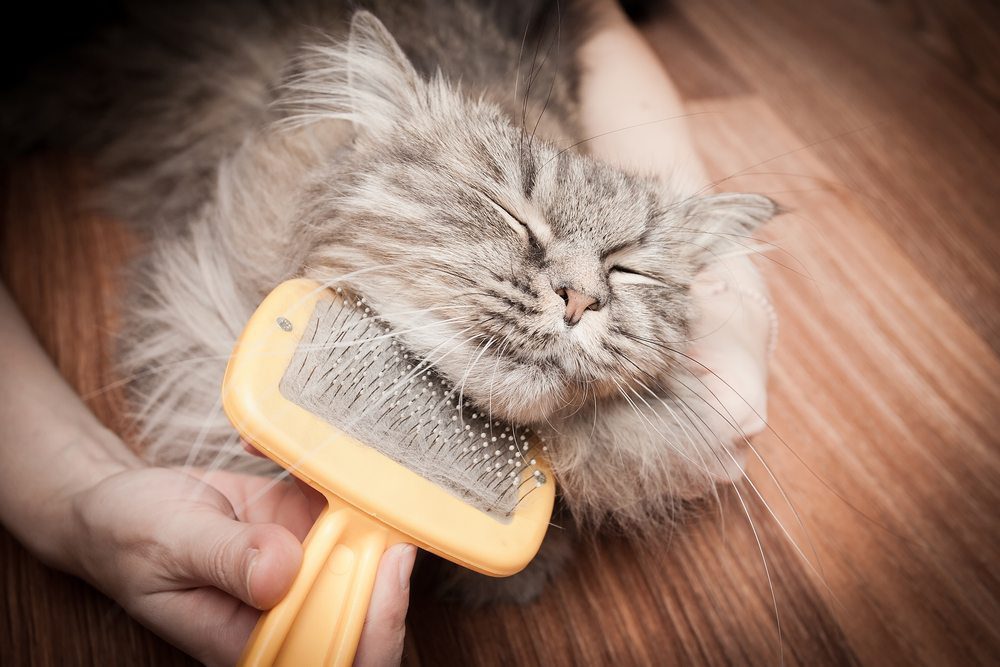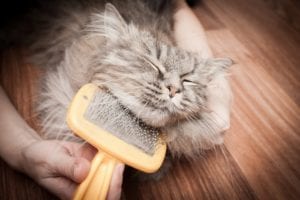The Benefits of Sterilisation and Desexing for Your Pet
Have you become the happy owner of a new puppy or kitten?
Congratulations! Welcoming a little canine or feline friend into your home is always an exciting time.
There are many things you’ll need to consider to properly take care of your new pet. These considerations ensure that you’re giving them the happiest and healthiest life possible. One of the most important things you’ll need to take care of is getting your cat or dog desexed. As well as reducing the risk of unwanted litters, neutering has a number of benefits for your pet’s health and wellbeing.
We’ve put together some practical information about desexing to help you create a better experience for your cat or dog.
What is Desexing or Neutering for Pets?
Desexing, also sometimes called neutering or spaying, is a common surgical procedure that prevents pets from being able to reproduce. If you don’t want your new kitten or puppy to become pregnant and breed, you’ll need to organise to have them desexed at a professional veterinarian clinic.
The most common age to desex your pet is between 4 and 6 months, however, the procedure can be completed at any stage of an animal’s life.
The Benefits of Sterilisation for Your Pet
With the world already full of stray and abandoned animals, it’s vital that pet owners take responsibility and make sure that they’re not contributing to that number of unwanted animals. If you don’t want your cat or dog to have a litter, you must organise for them to be desexed. This applies to both males and females.
As well as removing the risk of unwanted pregnancy, there are also some other surprising benefits of sterilisation for cats and dogs.
These advantages include:
- Stopping the heat cycle in female cats and dogs
- Living a longer and healthier life
- Preventing testicular cancer and prostate disease in male pets
- Preventing pyometra (infection of the uterus) and mammary tumours (breast cancer) in female animals
- Decreasing aggression towards humans and other animals
- Being less prone to wander, especially in male pets
Preparing for Your Pet’s Desexing Procedure
Your vet will give you detailed instructions before your pet’s procedure, but here are some things to expect before your cat or dog’s spaying appointment.
Your pet will need to fast before their procedure. No food is to be given to your cat or dog after 10pm on the night before surgery. The next day, before surgery, no water is to be given after 8am.
At the clinic, the vet may take a blood test prior to surgery to check vital organ function. They will also perform a thorough physical examination before administering a general anaesthetic and pain relief medication.
Some cats and dogs might require intravenous fluid support during their surgery.
Caring for Your Cat or Dog after Desexing
Most pets will recover very quickly from the sterilisation procedure, although they may have a little tenderness at first.
Limit your pet’s food and water to small portions on the first night that they return home. Make sure you administer the post-surgical medications properly and check the incision at least twice daily for any signs of infection or disruption, such as bleeding, swelling, redness or discharge.
Prevent your pet from licking or chewing their stitches and always return to your vet to remove the stitches and have a post-surgery check-up.
Desexing Your Pet in Port Kennedy
Pet owners in Port Kennedy, Rockingham, Baldivis and the surrounds can organise to have their cat or dog desexed at Port Kennedy Veterinary Hospital.
Sterilisation procedures can also be included as part of the clinic’s range of affordable wellness packages. These packages provide regular preventative care for the health of your cat or dog, puppy or kitten.
Book in for a desexing appointment today or talk to our team about healthcare packages for your pet.

 We’ve all seen the attention our pets pay to their grooming – cats and dogs can spend a considerable amount of time licking paws, smoothing fur and scratching ears and tails.
We’ve all seen the attention our pets pay to their grooming – cats and dogs can spend a considerable amount of time licking paws, smoothing fur and scratching ears and tails.